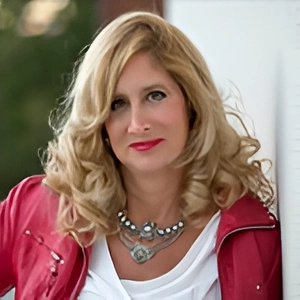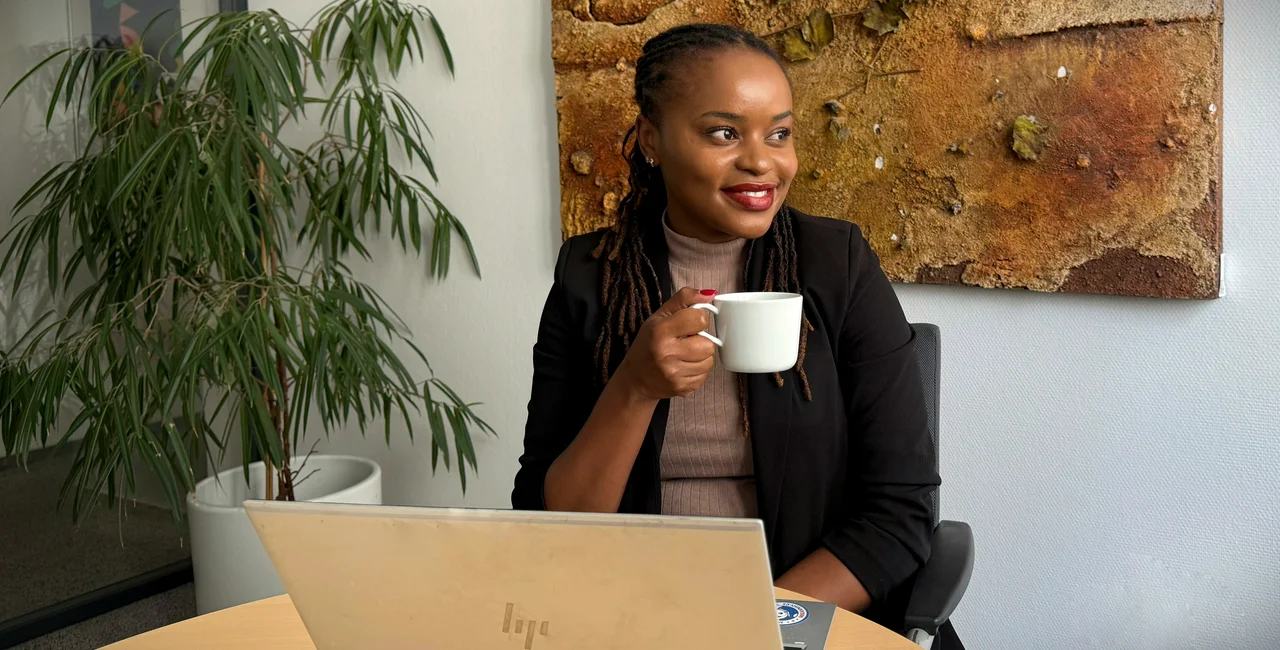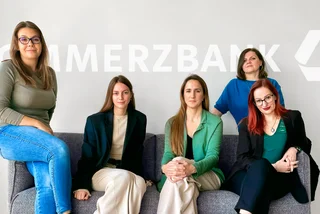Candittah Muthoka, a finance specialist at Commerzbank, is no stranger to uninformed assumptions.
“For instance, people will say to me, ‘Oh, you are from Africa; you are African.’ But that’s not how I think of myself,” Muthoka explains. “I am from Kenya—a country, not a continent—and all the countries in Africa are quite different.”
A finance job at a Central European bank might not immediately evoke images of ethnic diversity, intercultural sensitivity, or inclusion. Yet, according to Muthoka, fostering workplace inclusion is a top priority at Commerzbank. She serves as the inaugural chairperson of the recently created Local Prague Diversity Council.
Breaking stereotypes in finance
Muthoka challenges common misconceptions about her work. She emphasizes that her job is highly people-centric, dispelling the notion that finance professionals spend their days staring at screens filled with numbers. Furthermore, she has never experienced discrimination or bias at Commerzbank—whether in Czechia or through interactions with colleagues across the company’s nearly 50 global locations.
There are more than 60 nationalities at Commerzbank in Prague, and the people here are very internationally minded,” says Muthoka.
However, she acknowledges that there is always room for growth, which is one of the reasons she was eager to join the seven-member diversity council Commerzbank launched last year.
“With people from so many backgrounds, there’s a lot we don’t know about each other’s traditions or concerns,” she notes.
She believes the diversity council can create an environment that supports better communication and understanding, both internally and externally.
“For instance, some people assume that if you speak French, you must be from France, when in fact, you could be from many different countries. Simply thinking before making assumptions can improve trust, respect, and communication,” Muthoka explains.
A journey from Kenya to Prague
How does a Kenyan finance professional find herself in Prague?
A few years ago, a fellow Kenyan studying in the Czech capital encouraged Muthoka to pursue her master’s at the University of Finance and Administration. Previously, she had worked as a customer service representative for the National Bank of Kenya.
“I immediately fell in love with everything about Prague. My fellow students were amazing and insulated me from the kind of xenophobia I’ve heard others experience,” Muthoka recalls.
She also discovered a passion for finance. “I enjoy the detective aspect of reconciling financial reports—figuring out what money was paid, where it was accounted for, and why.”
At Commerzbank, she has explored various teams, including accounting, expenses, and reporting. “My manager has been an incredible mentor, allowing me to gain invaluable experience,” she says.
One of the biggest cultural shocks she encountered was the level of independence she was granted at work.
“In Kenya, you follow your boss’s instructions without questioning or proposing changes. It’s a very conservative work culture. But at Commerzbank, if you can create a more efficient system, you’re encouraged to implement it. That was completely new for me,” she explains.
She was also pleasantly surprised by how openly members of the LGBTQ+ community express themselves at work, with active support from the bank during events such as the Pride Parade—a stark contrast to her experiences in Kenya.
The roles of diversity in finance
Diversity of thought is integral to Muthoka’s role at Commerzbank’s Prague office, part of a global network headquartered in Frankfurt. with an IT hub in Brno. The company currently employs over 700 people with the Group Finance Eurohub in Prague, managing finances and accounting for the bank’s European offices. There is an IT hub in Prague, as well as IT and business offices in Brno.
Additionally, the city hosts a Global Credit Center and a Trade Service Hub that supports operations in Czechia, Austria, and Switzerland—which means Muthoka manages internal finances across Europe.
“People have different approaches to reconciling numbers, so you have to know how to engage them respectfully and recognize that you all share the same goal,” she says.
Changing perceptions of diversity initiatives
Muthoka and the council aim to encourage more cultural exchanges among employees across different departments.
“We want to help people feel more connected, so it’s less like, ‘Oh, the tech people never interact with finance,’” she says.
However, she acknowledges that diversity initiatives can sometimes be misunderstood.
“There definitely can be a sense, initially, when such a council is formed that it’s punitive. As if we are going to go out there and find out who is saying intolerant or ignorant comments, and we will report them,” she clarifies.
Muthoka is adamant that policing free speech is not part of the council’s mission.
Instead, the council focuses on creating positive, educational events that highlight the benefits of embracing diversity, both for employees and for the bank’s broader mission.
Her fellow council member, Barbora Stoklasová, echoes this sentiment. As an IT recruiter in human resources, she is particularly interested in addressing potential barriers to career advancement, such as expanding part-time work opportunities for parents or those who cannot work full-time.
Addressing DEI misconceptions
Muthoka acknowledges that anti-diversity rhetoric—prominent in some political discourses, particularly in the U.S.—has influenced skepticism toward DEI (Diversity, Equity, and Inclusion) initiatives. She recognizes common misrepresentations, such as the belief that diversity programs prioritize quotas over merit.
“I’m a finance specialist, not a DEI expert, so I had to educate myself on what truly inclusive policies look like,” she says.
Attending the OPIM DEI conference in Prague last October proved invaluable. “Some of our members attended and took notes on every session. It was incredibly helpful in defining our direction,” she recalls.
Concrete DEI goals
Based on her conversation with some employees, Muthoka anticipates that advancing leadership opportunities for women will be a key focus of the Prague Diversity Council.
Another important issue she hopes to address is raising awareness about microaggressions—subtle comments or behaviors that can be unintentionally offensive.
“Not at the bank, but at school, some people assumed Kenya was just one big slum and were amazed I had made it out. Some even spoke to me slowly, assuming I couldn’t understand English,” she recalls.
The council also plans to explore generational differences in workplace problem-solving in finance and organize themed educational weeks focused on topics like LGBTQ+ inclusion, disability awareness, and age diversity.
A vision for the future
Thanks to strong backing from the management team, the Council is in a prime position to prioritize and implement DEI initiatives. This leadership support not only bolsters the Council’s mission but also ensures that diversity strategies are woven into the organization’s core values and business objectives. This alignment is key to driving significant organizational change and securing long-term success.
To those who dismiss the council as a mere public relations effort, Muthoka offers a challenge:
“Bring us an issue you care about, give us your suggestions, and let’s work on it together.”












 Reading time: 5 minutes
Reading time: 5 minutes 























